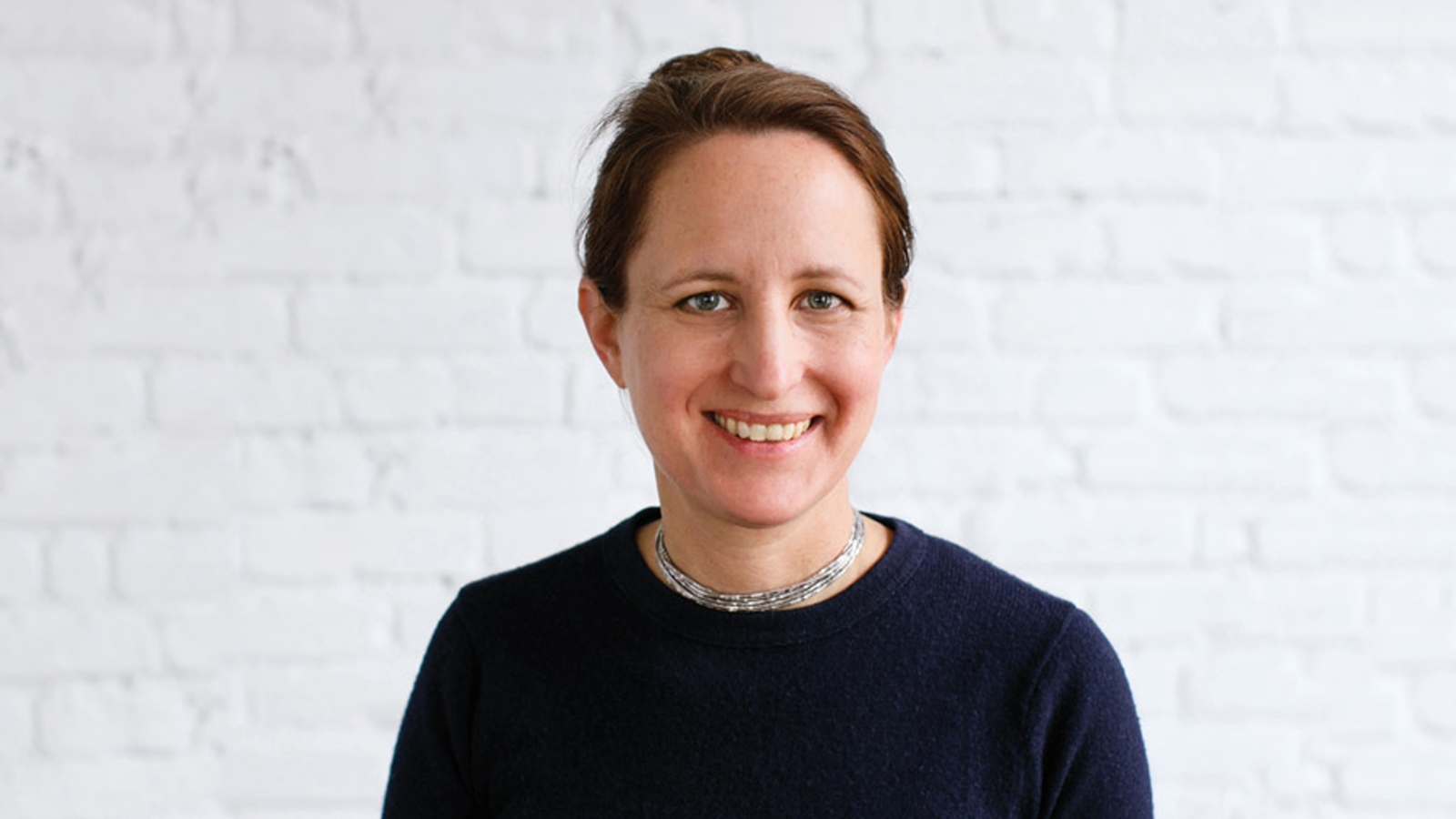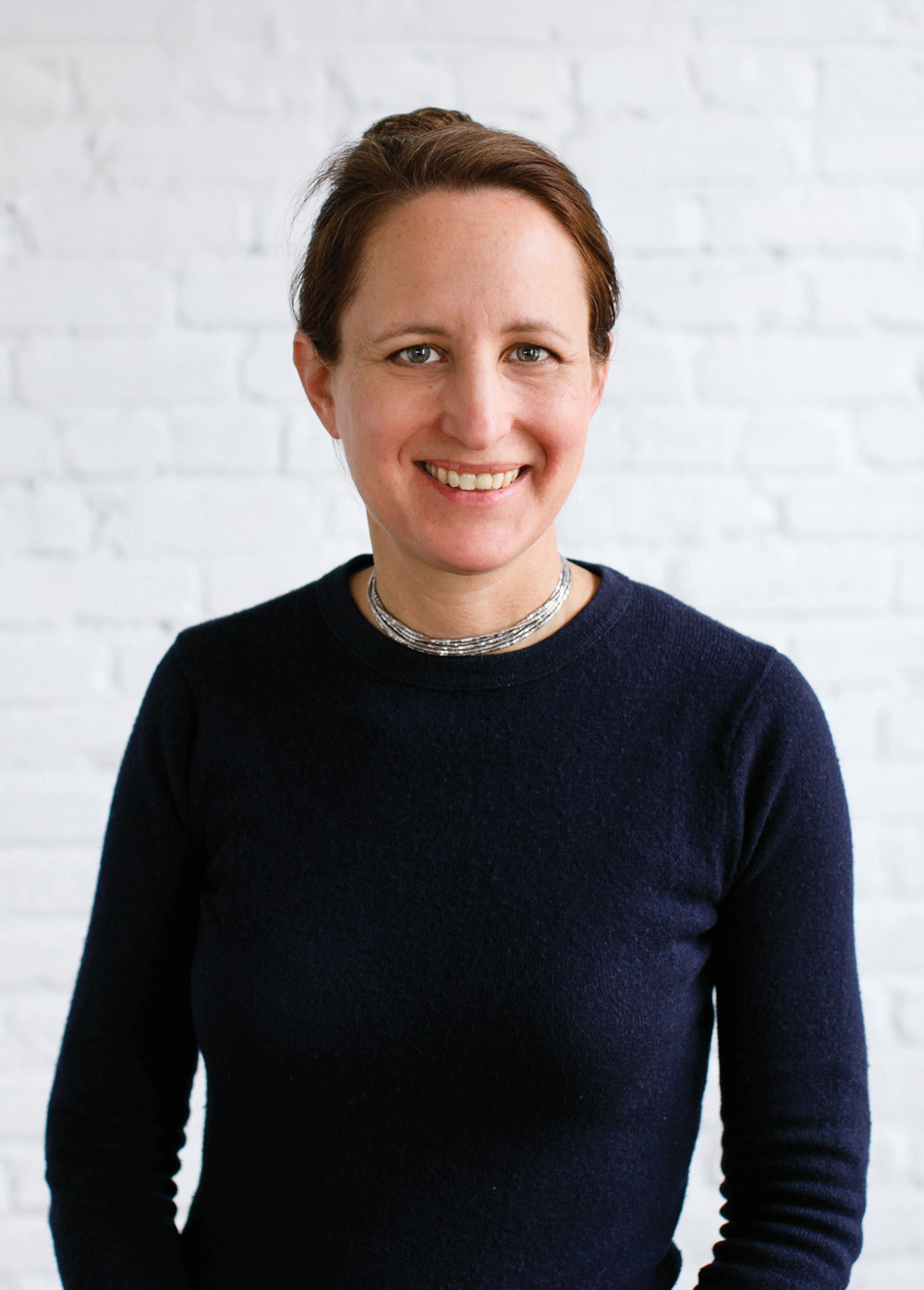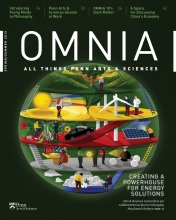Not-So-Self-Evident Truths
Sophia Rosenfeld, Walter H. Annenberg Professor of History, digs up the roots of the relationship between democracy and truth.

When Oxford Dictionaries chose “post-truth” as its Word of the Year for 2016, the selection intrigued Sophia Rosenfeld. The Walter H. Annenberg Professor of History had already noted a “sudden explosion” in discussions about the role of truth in politics.
A cultural and intellectual historian, Rosenfeld had been examining connections between truth and democracy for decades but had focused more on the past than on the present. She decided to take what she had studied and evaluate its bearing on modern-day politics. The effort resulted in Democracy and Truth: A Short History, in which she unravels not just whether the nation is experiencing a unique post-truth moment, but how that moment came to be.
Before the Enlightenment set the foundation for democratic societies across Europe and North America, Rosenfeld notes, aristocrats and monarchs viewed secrecy and dishonesty as valuable tools of statecraft. “Think of Machiavelli; think of Frederick the Great,” she says. “Both explicitly took deception to be essential to good leadership.”
But as republics emerged and open discussion gained traction, no single person or institution had the authority to call all the shots anymore. Instead, a blending of ordinary people’s opinions, expressed at the voting booth, with knowledge from credentialed experts such as scientists and academics would determine what constituted truth.
“The problem with this concept of democracy is that it is a set of ambitions and aspirations, not a real thing,” Rosenfeld says. “From the start, there have been glaring exclusions—racial, gendered, ethnic, and socioeconomic inequalities that mean nothing like this collaborative regime of arriving at truth has ever really come to pass. Truth is more like a political football—something to be fought over, like sovereignty or representation.”
In politics, the debate is supposed to be over opinions, but people are treating facts as partisan. The idea that everything is spin has left us with no common pre-political starting point about what the world looks like.
Rosenfeld isn’t referring to logical truths like “two plus two equals four” or moral truths like “murder is bad,” but rather verifiable facts: Is unemployment up or down? Are throngs of terrorists crossing the nation’s southern border or not?
“In politics, the debate is supposed to be over opinions, but people are treating facts as partisan. The idea that everything is spin has left us with no common pre-political starting point about what the world looks like,” she says.
Rosenfeld’s book argues that challenges to democracy have persisted ever since Thomas Paine rallied for revolution nearly 250 years ago, condemning elites and promoting popular consensus just as the more privileged sought to squash common sense with elite knowledge in isolation. Advocates for both extremes have endured, working against the pluralism required for a functional democracy.
Technology has only exacerbated these threats, Rosenfeld says, with the deregulation of television and radio and the rise of the internet creating infinite sources of information, much of it biased or just plain wrong: “There is no longer a real marketplace of ideas, because it’s impossible to get a handle on what all the ideas out there are, and truth rarely prevails on its own.”
Back to what Rosenfeld calls “the $64,000 question”: Are we in a post-truth world?
“There are signs we are living in an unprecedented moment of untruth, but we are not in a full-blown crisis—yet,” she says. “Many institutions are working well to push back—the court system, key journalistic outlets, universities. There is a lot to be worried about, but the forces of post-truth haven’t necessarily prevailed.”
Rosenfeld hopes her book will show readers how populists and experts have been fighting over truth for generations, how the current political climate epitomizes that fight, and how truth and democracy might still enjoy a bright future together.
“Looking at the present in a historical framework demonstrates that we can make collective choices about what happens next,” she says. “In the end, truth, like democracy, isn’t something that simply exists in the world. It is something we must all continue to consciously and collectively forge.”




